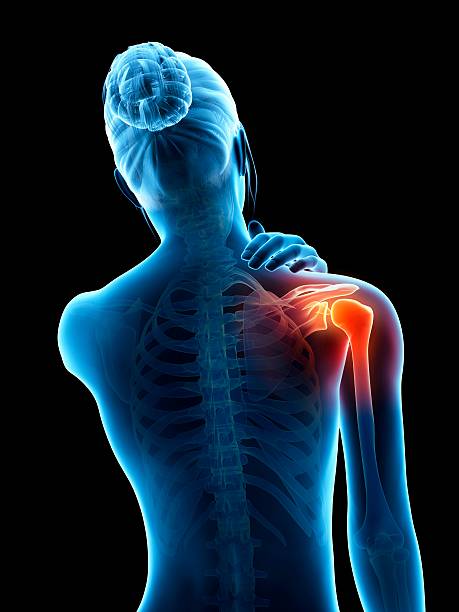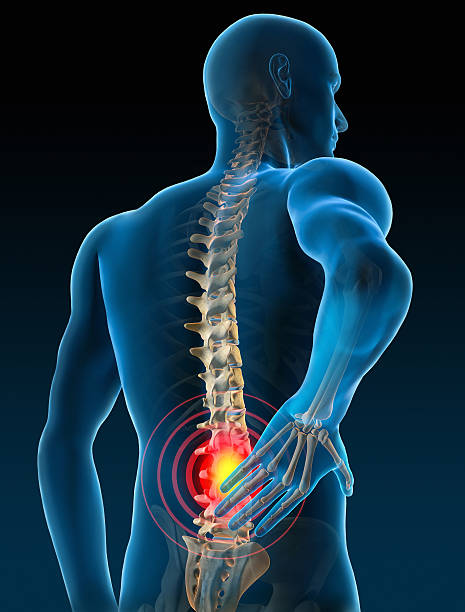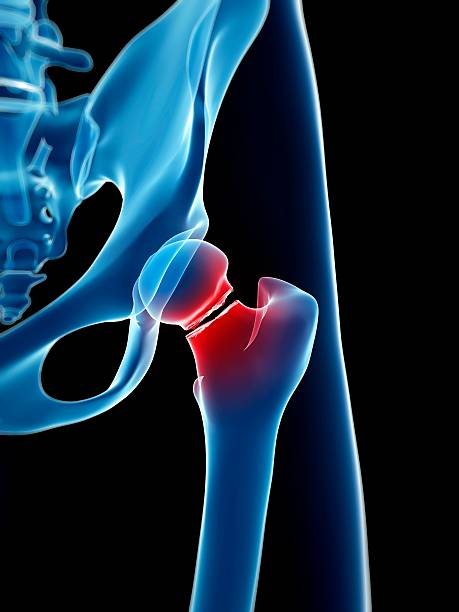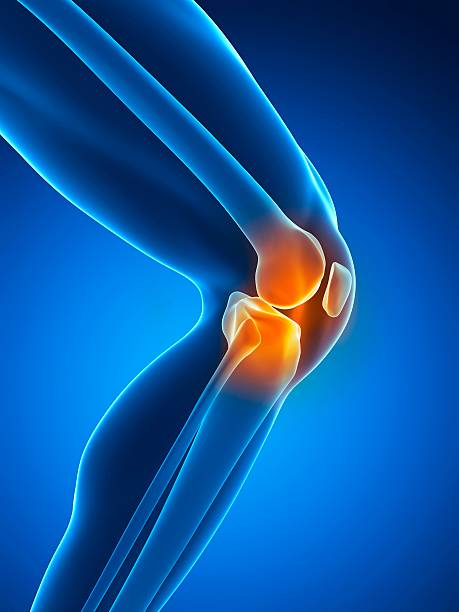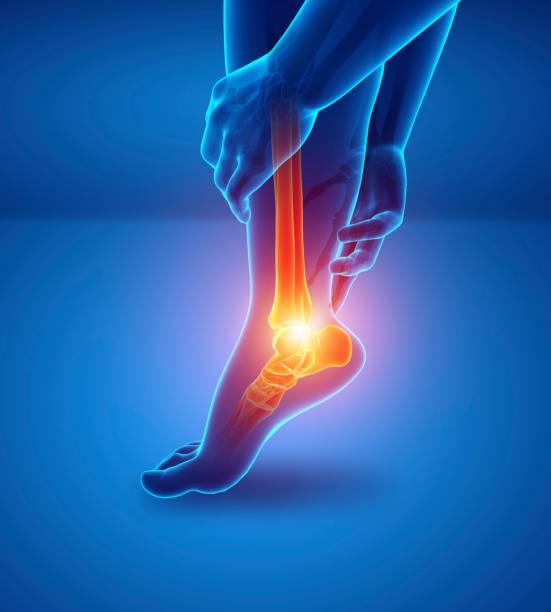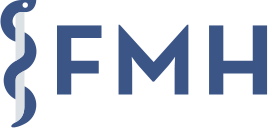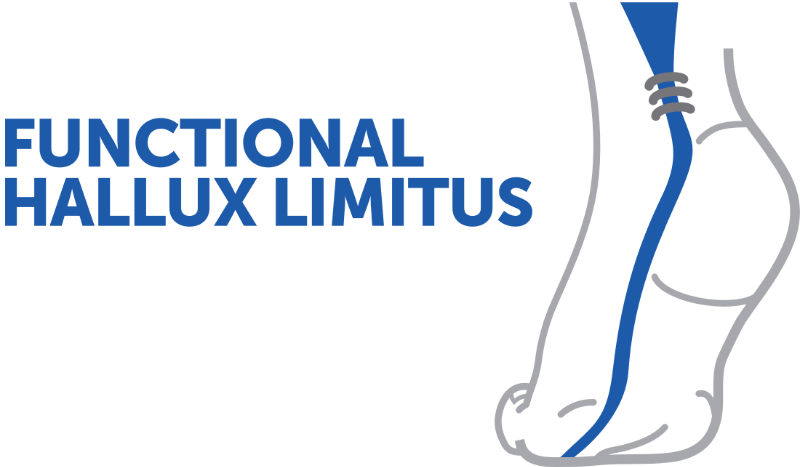Revision after partial knee replacement: indications and results
Dr. Vallotton explains the indications and results of revision surgeries after partial knee replacement. He clearly distinguishes between simple revisions, compatible with a primary total knee replacement, and true, more complex revision prostheses. This is a reassuring message for the patients concerned.
Doctors
Topics
Treatments
Advice
- Dr Jacques Vallotton
- Indications for prosthesis revision
- Partial vs. total denture
- Clinical results
- Imaging
- Patient series
- Revision by primary total prosthesis
- Know how to spot the warning signs
- Use the Spect-scan if in doubt
- A partial recovery can remain simple
- Clearly explain the difference to the patient
Information
Video type:
Anatomy:
After a partial knee replacement: when should you consider a revision?
Implant longevity has improved significantly, but some situations warrant revision after partial prosthesis. Two scenarios dominate: progression of osteoarthritis to another compartment and detection of the implant, responsible for pain and bone hyperactivity on scintigraphy (SPECT scan).
Clearly informing the patient about these mechanisms facilitates shared decision-making and planning of a proportionate action.
Diagnosing a finding: clinical and SPECT scan
Unexplained pain despite reassuring X-rays suggests a fixation problem. SPECT scans reveal areas of hyperfixation consistent with micromovement of the base. Correlating these data with the examination and surgical history avoids unnecessary explorations.
Once the diagnosis is made, the strategy aims to restore a painless and functional joint with the lowest biological cost.
Partial denture revision is a relatively minimally invasive surgery.
Differentiate between simple rework and real revision
Many revisions after partial dentures can be treated with a so-called "primary" total denture, without resorting to long-stem revision implants. This distinction is essential for functional prognosis and recovery.
Bone quality and extent of lesions guide the choice of implantation, with attention paid to ligament balance and axis.
Expected results: function and satisfaction
Published series and clinical experience show results close to those of a primary total prosthesis when the indication is well established. Walking, leisure activities and daily confidence improve significantly after changing to a suitable implant.
A structured rehabilitation protocol consolidates recovery and promotes a lasting return to autonomy.
A properly fitted full denture can last a lifetime.
What the patient needs to know before the procedure
The procedure remains proportionate: it is most often a replacement with a primary total prosthesis, less complex than a major revision. The risks and benefits are explained simply; the decision takes into account pain, expectations and the intended activities.
Educational support, including muscle preparation and recovery advice, promotes a peaceful post-operative trajectory.
Final message: prioritize the functional result
The main challenge is to restore a reliable, stable, and painless knee. When revision is indicated, replacement with a primary total knee prosthesis offers an excellent compromise between effectiveness and invasiveness. This approach, secured by a rigorous evaluation, aims for a lasting result compatible with an active lifestyle.
Informed dialogue between patient and healthcare team remains at the heart of success.
Pathologies treated at the center
Hallux Limitus
Functional
Your pain has a cause.The balance sheet allows us to understand it.
- Gait analysis
- Posture Assessment
- Guidance on the right treatment
- Study of plantar supports and supports
- Detection of compensations
- Pain–movement correlation
The functional assessment allows us to understand how a joint or postural imbalance can trigger or perpetuate pain. Very often, imaging is normal, but movement is disturbed. By analyzing gait, weight-bearing patterns, or posture, we identify the weak links in the chain and guide targeted treatment adapted to the patient's actual mechanics.


